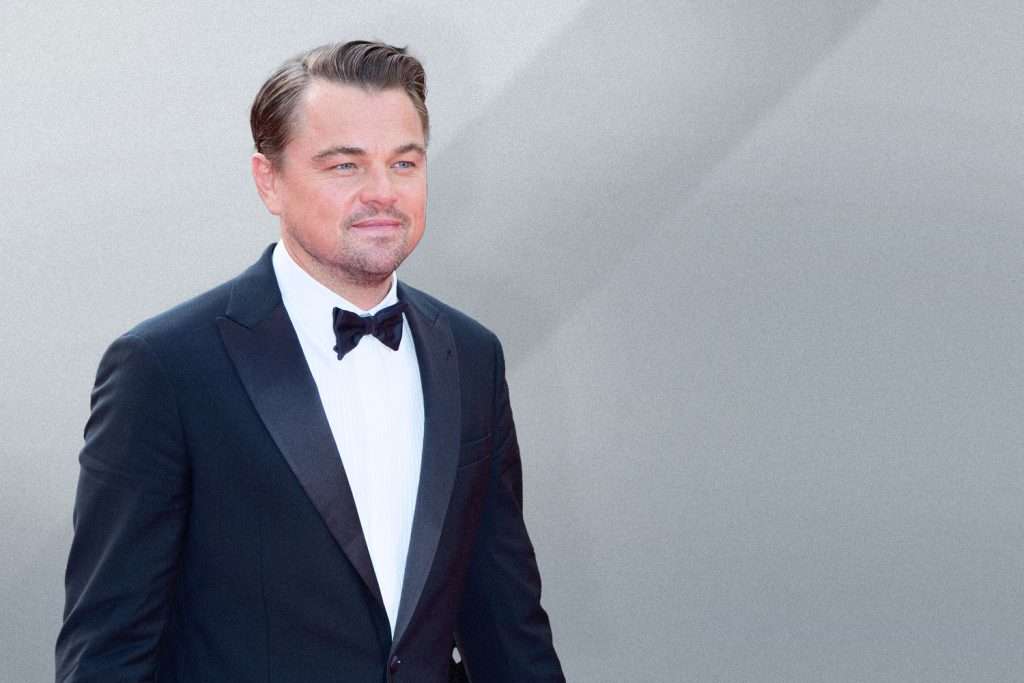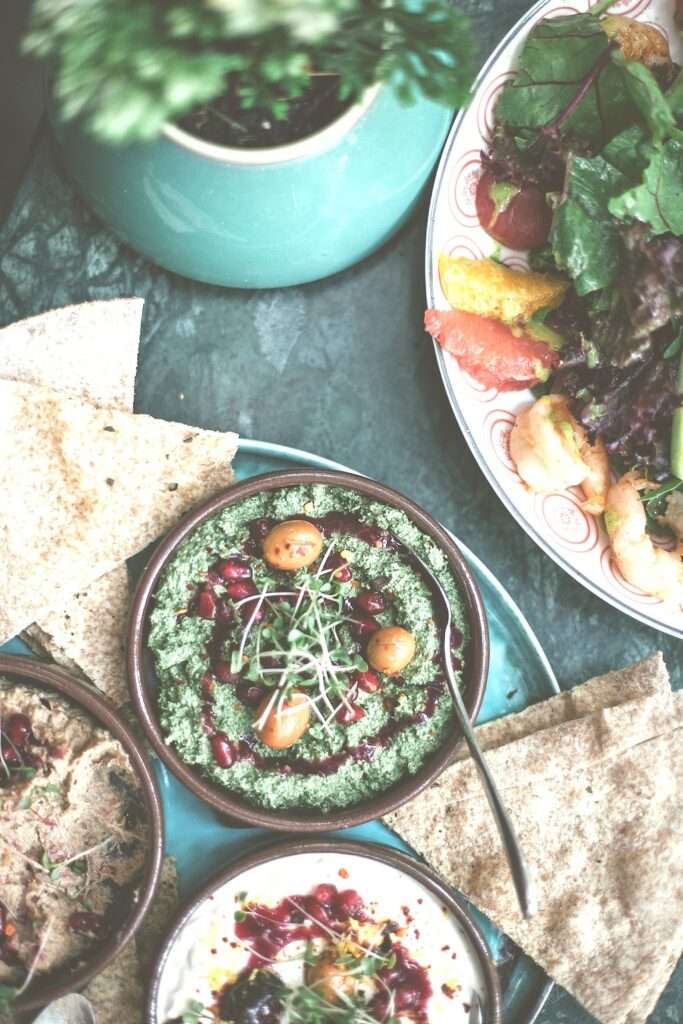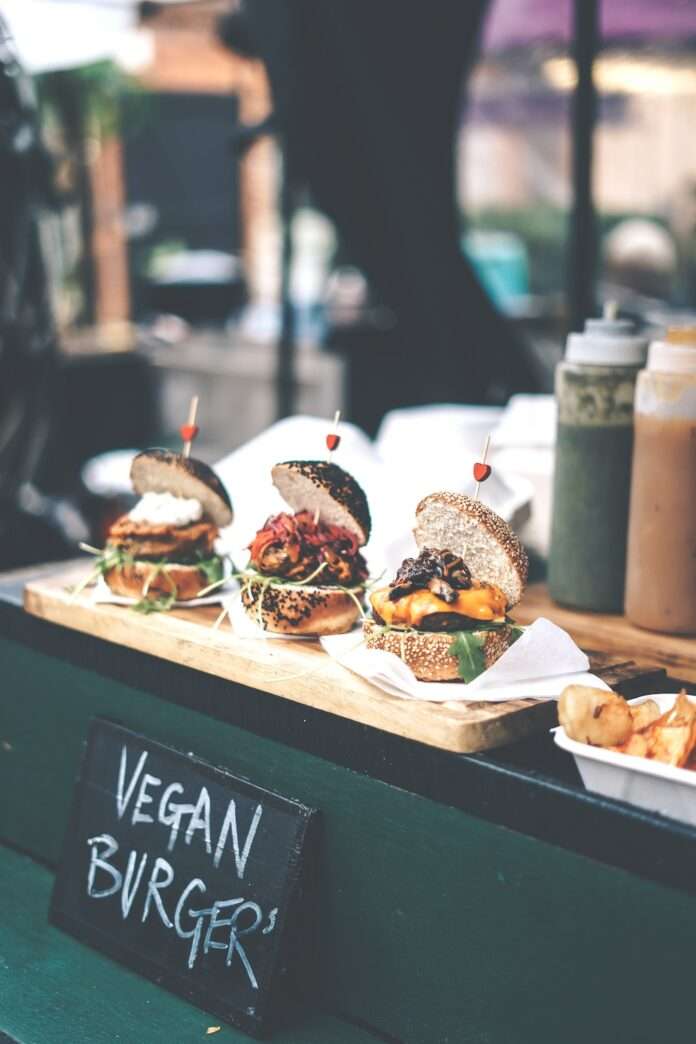A new campaign from Re:wild, formerly the Leonardo DiCaprio Foundation, says reducing meat and dairy can have big impacts in the fight against climate change.
As discussions on climate solutions take center stage at Climate Week NYC, the Leonardo DiCaprio-backed international conservation NGO Re:wild has introduced an innovative approach to engage people in climate-friendly and biodiversity-conscious choices. The newly unveiled campaign, “Re:wild Your Fridge,” employs smartphone technology to empower individuals to make wiser food decisions for the sake of the planet.
“We are often asked what actions an individual can take to make the greatest difference for our planet,” Chris Jordan, Re:wild’s Latin America director, said in a statement. “Although decisions about the food we eat are complex, the answer to this question is very simple and very empowering: eating less meat and dairy and consuming more plant-based foods is, far and away, the biggest contribution any individual can make to protect our planet.”

At the core of the initiative is the Palau app, which educates users about the environmental footprint of their food choices. It offers alternative food suggestions that are better for the Earth. The Re:wild Your Fridge challenge within the app has shown promising results in early tests, demonstrating an average 51 percent decrease in an individual’s ecological footprint.
Industrial animal farming is identified as a principal culprit behind widespread deforestation, biodiversity loss, and threats to the well-being of Indigenous communities. According to the United Nations Food and Agriculture Organization, animal agriculture occupies approximately 45 percent of Earth’s habitable land and is responsible for 95 percent of the deforestation that took place in the Brazilian Amazon from 1985 to 2021. Even in Mesoamerica — a biodiversity hotspot spanning from southern Panama to central Mexico — animal farming accounts for 90 percent of ongoing deforestation.
Wes Sechrest, chief scientist and CEO of Re:wild, says that feeding a growing population without pushing the world over the 1.5-degree threshold for rise in global temperature and without destroying critical ecosystems “depends on a new vision for the global food system.”
“Re:wild Your Fridge is here to bring others into the fold and to help them discover how impactful (and flavorful) moving toward a more plant-based diet can be,” Sechrest said. “This is about calling people together to commit to the health of our planet and the incredible diversity of life that calls it home.”

The destructive consequences of animal agriculture go beyond deforestation; it also fuels climate change by releasing stored carbon in forests and grasslands. In addition, the degradation of native ecosystems contributes to regional drying and the occurrence of more severe wildfires globally.
Scientific literature lends weight to Re:wild’s initiative. A recent study published in the journal Nature reveals that a plant-based diet can significantly reduce greenhouse gas emissions, land and water use, as well as biodiversity loss.
Carrie Hutchison, Re:wild’s director of marketing and brand, envisions an evolving focus for the campaign, “The reality is that it is going to take the commitment of individuals, our global leaders, companies and entire industries to revolutionize our food system. But we are excited to start this journey with the most appropriate of symbols: the fridge.”
In addition to the campaign, Re:wild supports the Indigenous-led More Trees, Fewer Cows initiative, which was also launched at NYC Climate Week. This project is aimed at tackling illegal livestock activities in Mesoamerican Indigenous territories and bolstering Indigenous rights.
Earlier this month Re:wild announced that the Caribbean island Redonda was declared a wildlife sanctuary. The new Redonda Ecosystem Reserve covers close to 30,000 hectares including the entire island, nearby seagrass meadows, and a large section of coral reef that spans more than 180 square kilometers.
You can learn more about the Re:wild Your Fridge campaign here.
Related on Ethos:


